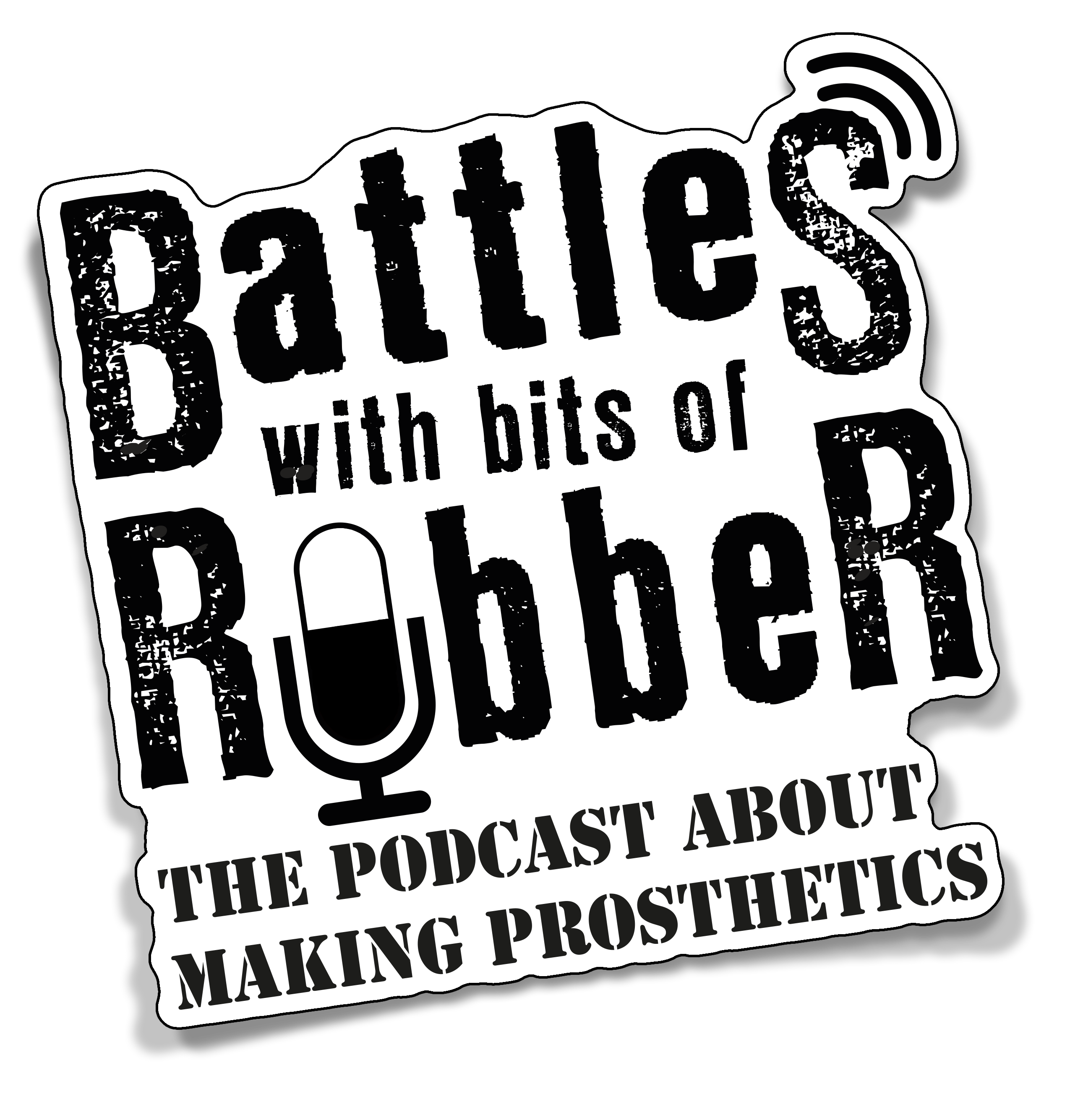Makeup artists typically like makeup. It is a tactile medium, and they enjoy products, how they feel and smell and respond to brushes and pressure.
Making prosthetics similarly has its tactile qualities, and it is hard to separate these sensations from the very nature of the joy in the work.
It is little wonder then that this same group of people may not have developed an extensive love of digital versions of the same work. Doing a digital makeup effect in Photoshop requires the makeup artist’s mindset but somehow it is not the same thing, and I think this reluctance to do digital work can put the makeup community at a disadvantage.
There are no doubt digital inroads that individual makeup artists make, and dabbling with digital tools such as Photoshop, Procreate and digital sculpting in ZBrush and Nomad. These are not currently included as standard in makeup schools though, and the combination of lack of familiarity, cost and teaching in this area means there isn’t a standardised response to the increased use of digital tools in our industry.
It is because of this realisation that we felt it was a worthy subject to discuss at the Prosthetics Event. We wanted to discuss what we considered to be a big shift in the way work was being done, and to that end we assembled a presentation looking at the effects of the wider adoption of three big technologies at play in the industry. These would be 3D scanning, 3D printing and digital sculpting.
Having seen various makeup courses, colleges and places of work with a varied amount of digital tools and processes, we see that there is an uneven spread of adoption. Some places rely on regular scanning instead of lifecasting and a room full of printers to speed up the efficiency of their output, with staff regularly working both practically and digitally to great effect. Other places have no interest in digital and have not involved any digital aspects to their workflow.
Naturally, as with any technology, there is a spectrum of cost and sophistication, but even the lower end of these tools is now good enough to be a viable option. As the tech improves, we will see the quality go up, and as things become better, easier and more commonly used, it makes sense for us in the makeup world to include these in our toolbox. This therefore is our attempt to help this along.
Don’t miss an episode by subscribing on your favourite podcast app such as Spotify, Google Podcasts or Apple Podcasts.
Get the extensive presentation notes we produced for the Prosthetics Event 2023 here.
Digital is in every aspect of work now. Even in entirely manual industries, schedules, budgeting, outcomes, and plans are made, studied, and distributed digitally. Understanding these processes, how they affect you and how you can use these tools is becoming increasingly important.
Previously, to most people, ‘digital’ meant the Visual FX department creating CGI in post-production. This was mainly because of the surge of CG seen in the early 90s, which many said was the end of all practical effects. This has thus far proved to have been not the case. Instead, we have seen a massive increase in workload for both practical and visual effects. Technology has advanced in many areas since then, and now digital tools and language, previously exclusively used within the visual FX world, have become part of the workshop.
The main areas which have impacted the practical workshop are:
- 3D scanning instead of lifecasting using hand-held 3D scanners.
- 3D printing to produce objects either as prototypes, items to be remoulded or as finished useable items.
- Digital sculpting and CAD work to create items to be 3D printed or available for other departments to reference, such as VFX.


Check the episode and show notes for a deep dive into these areas. Please do get in touch with your thoughts or questions about digital in the workshop.
Are you new to this and wondering what will happen next? Maybe you are an old hand and have been using digital tools in the workshop for years and are surprised we have only just started covering it like this. Maybe you hate digital and think it has no place in a workshop when clay is king!
Whatever your take, we’d love to hear from you.
You can email us directly at stuartandtodd@gmail.com or leave us a voice message on our site.
If you enjoy this podcast and got something out of it, would you do us a solid and tell just one more person about us? Send them a link and help us grow!


